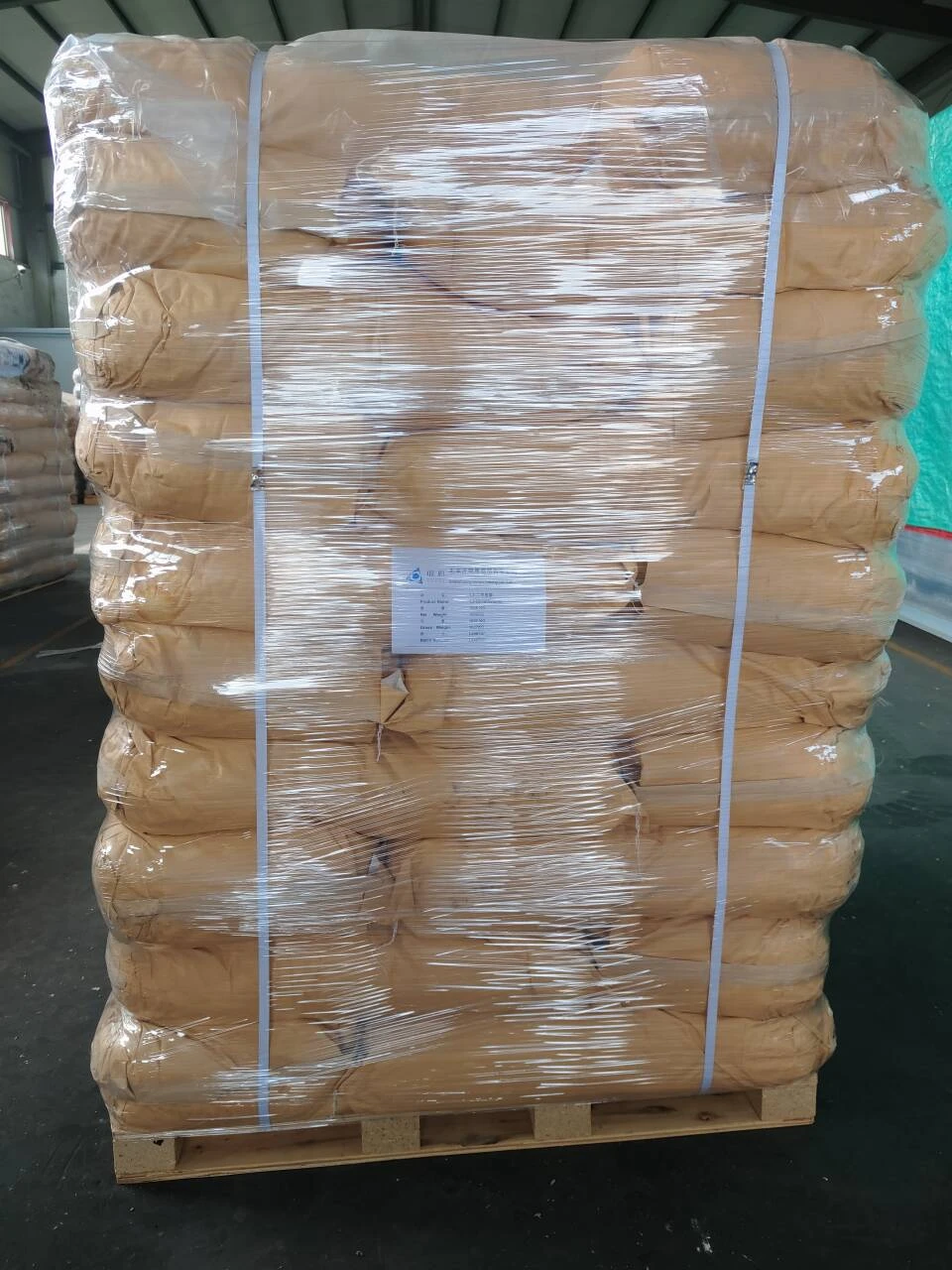Understanding Active Pharmaceutical Ingredients Definition and Importance
Active Pharmaceutical Ingredients (APIs) are critical components in the field of pharmaceuticals, fundamentally shaping the efficacy and safety of medications. An API is defined as any substance or mixture of substances intended to be used in the manufacture of a pharmaceutical product and that becomes an active ingredient in that product. In simpler terms, APIs are the agents that produce the intended therapeutic effect in a medicine.
The Role of APIs in Pharmaceuticals
APIs can be derived from a variety of sources, including natural products, synthetic processes, and biotechnological methods. They are responsible for the pharmaceutical activity in medications, which means they are the driving force that leads to the desired health outcome when the drug is administered. For example, the API in the widely used pain reliever ibuprofen is ibuprofen itself, which works to reduce inflammation and alleviate pain.
The formulation of a drug involves not just APIs but also excipients, which are inactive substances that serve as the vehicle or medium for the active ingredients. Excipients can include fillers, binders, preservatives, and colorants that help in the preparation and stability of the final pharmaceutical product. However, it is the API that has a direct pharmacological effect on the body.
Development and Manufacturing of APIs
The development of APIs is a rigorous process that involves extensive research, testing, and quality control. The journey begins in the laboratory, where scientists identify and characterize potential compounds that could serve as effective APIs. Once a candidate API is selected, it undergoes a series of preclinical and clinical trials to assess its safety, efficacy, and dosage.
Following successful trials, APIs need to be manufactured in compliance with stringent regulatory standards established by authorities such as the U.S. Food and Drug Administration (FDA) or the European Medicines Agency (EMA). The manufacturing process must ensure that the API is produced with consistent quality, purity, and potency. This involves maintaining strict protocols in quality assurance (QA) and quality control (QC) to prevent contamination or other discrepancies that could compromise the drug's safety and efficacy.
active pharmaceutical ingredient definition

Regulatory Considerations
The importance of APIs is underscored by the regulatory frameworks that govern their use. Regulatory agencies require that detailed information about the manufacturing process, quality control measures, and stability data for APIs be submitted as part of the drug approval process. This ensures that every API meets the required standards before it can be incorporated into commercial pharmaceutical products.
A significant aspect of API regulation involves the concept of “Good Manufacturing Practices” (GMP). GMP guidelines are developed to ensure that materials are consistently produced and controlled according to quality standards. This level of oversight minimizes the risks involved in pharmaceutical manufacturing and helps ensure that drugs remain safe for consumer use.
The Global API Market
The global API market has seen substantial growth in recent years, driven by the increasing demand for pharmaceuticals, advancements in biotechnology, and a rising prevalence of chronic diseases. This growth has led to the establishment of various manufacturing hubs around the world, with regions like India and China becoming significant players in the API market. These countries are known for their ability to produce high-quality APIs at competitive prices, which has made them essential to the global supply chain.
However, the dependence on global API supply chains has raised concerns related to drug manufacturing sustainability, quality assurance, and supply chain disruptions. Events such as the COVID-19 pandemic have highlighted vulnerabilities in the API supply chain, prompting various stakeholders to rethink their strategies and consider domestic production solutions.
Conclusion
In conclusion, Active Pharmaceutical Ingredients are foundational to the field of drug development and health care. Their definition and understanding encompass not just the chemical substances responsible for drug effects, but also the complex processes of research, development, manufacturing, and regulation that ensure their quality and efficacy. As the pharmaceutical landscape continues to evolve, the role of APIs will remain central to innovations in healthcare and therapeutic advancements. Ensuring the quality and accessibility of APIs will be crucial for the ongoing success and reliability of pharmaceutical products around the world.

